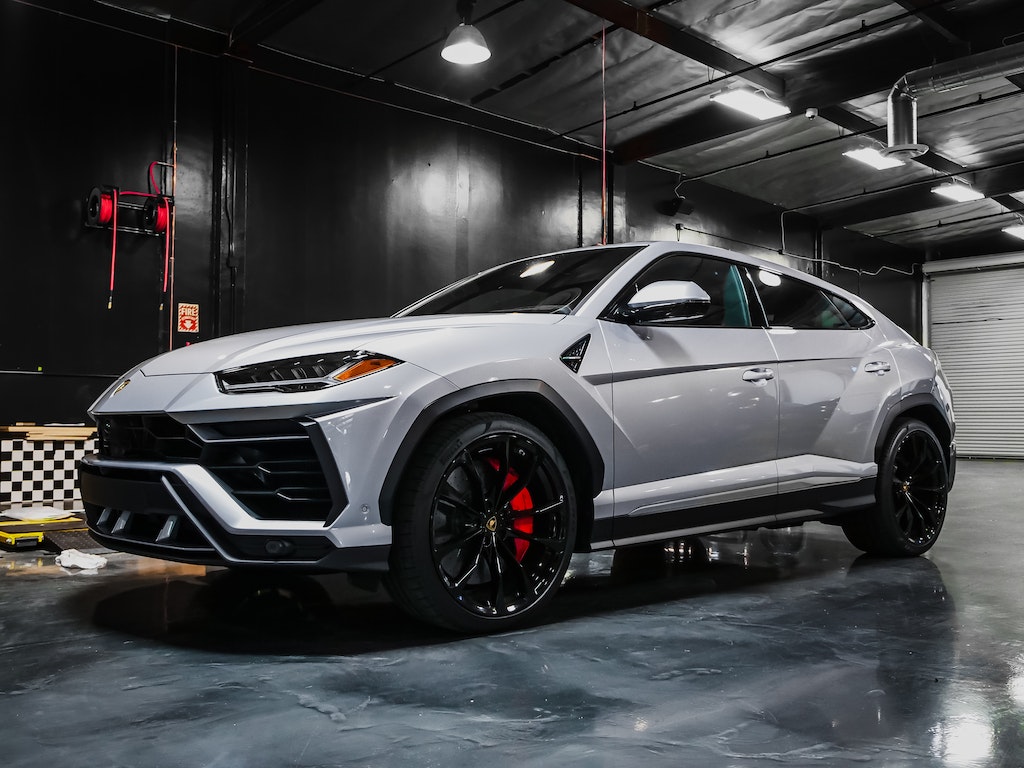Auto insurance, at its heart, is very simple. It’s about protecting you and your family from financial hardship resulting from vehicle expenses. Today, auto insurance has become so much more than just the premium you pay for your car. The days of “a few bucks extra for comprehensive” are long gone. Now, almost everyone has auto insurance. It can lead to one big headache if your rates go up without you knowing why.
In this article, we’ve listed some common reasons why auto insurance rates could increase.
Inflation Is Real
According to a study, the Consumer Price Index (CPI) has increased by over 7%, the highest in the last 40 years. This implies that all consumers are paying 7% more on all their bills, including auto insurance, than they were a few years ago.
The Price of Vehicle Parts Is Also Increasing
Inflation has greatly impacted the auto industry. While the average increase is 7%, the inflation rate for auto parts is closer to 10%. An increase in the price of auto parts indicates that repair costs will become more expensive for the insurance company as well. Your insurer will likely pass this on to you via an insurance premiums hike.
Repair Costs Have Gone up 20%
Due to labor shortage and supply chain issues, repairing one’s car costs even more. It costs approximately 20% more now to repair your car than it did a few years ago. Additionally, existing issues in the supply chain and labor availability can delay the repairs. You could have to deal with rental cars for a longer period of time, increasing your insurance costs.
Cars Cost More Now
Since the last year, prices of used cars have skyrocketed by 27%. On the other hand, new car prices have increased by 14% only. The more expensive the car, the higher is your insurance premium.
People Are Driving More, Causing a Rise in The Number of Accidents
During the COVID-19 pandemic, people stayed indoors. This naturally reduced their risk of meeting with an accident. Now that people have started hitting the road again, it has increased the chances of car crashes, leading to increased auto insurance premiums.




